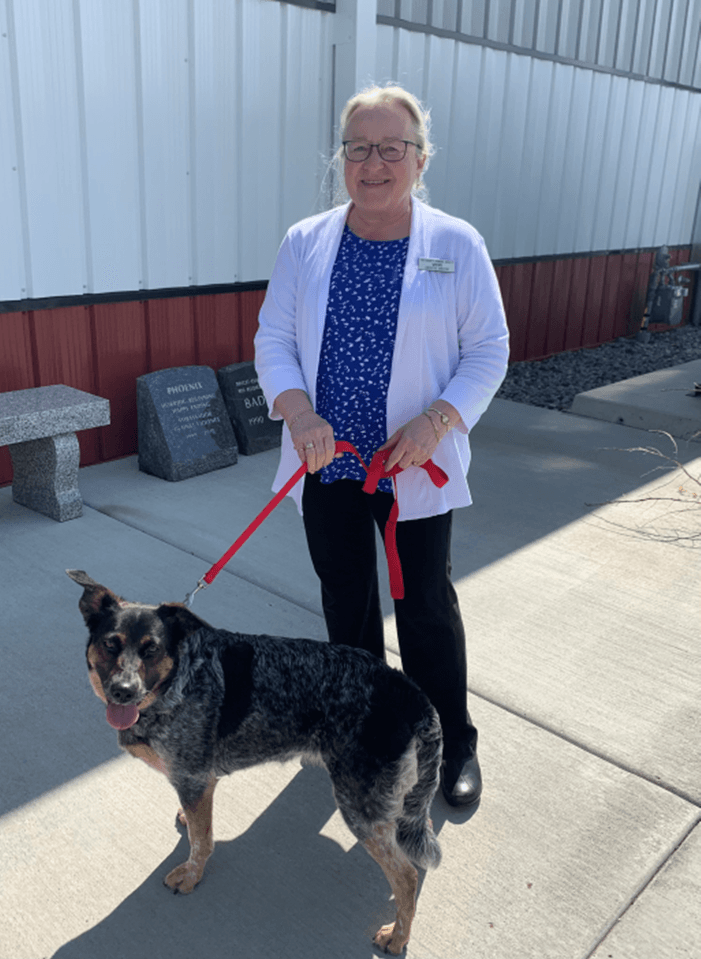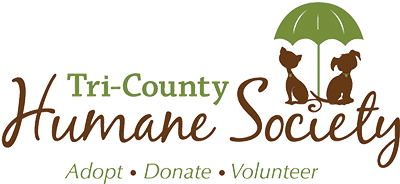
Well, we’re deep into summer now – the dog days of summer are upon us. Quite literally upon us at Tri-County Humane Society! Our team is having another busy year helping dogs, cats, pocket pets, and the occasional stray chicken or hamster. We’re proud of the work we’re doing. And while we generally prefer to look forward, I wanted to take a second to address a few things about our June newsletter, where we promoted the concept of “Return to Field (RTF)” cats. The decision to begin this program didn’t come lightly or without research. As I noted in that issue, I used to be firmly against the idea of outdoor-only cats. However, there have been a lot of studies on the subject, and from those studies, a shift in views in the animal welfare community about these cats. The data provides evidence that sterilizing and returning these community cats is the best solution for a multitude of reasons. It’s good for the cats and the residents because it reduces the population (no more kittens!) and prevents new cats from moving in the area. It’s good for public health because shelters such as ours also vaccinate them. And it’s ultimately the best solution for wildlife in the area, too, because it keeps the cat population in check. That last point, we should have emphasized more clearly: RFT is likely the best possible strategy to help wildlife. Considering the available options which are 1. removal and euthanize (we know that doesn’t work), 2. sterilize and return (RTF), or 3. simply leave them alone to continue reproducing, I think we’re making the right choice. There will always be outdoor cats – but the RTF work will help keep those populations to a minimum AND as a result, help reduce nuisance and disease.
We definitely could have clarified and stressed some important points that I’m afraid got lost in the mix, and for that, I apologize. Cats certainly do pose a risk to wildlife such as birds. And, sadly, wildlife has a lot of threats, the number one being humans. We can all do better to take care of our lands and its inhabitants. Please check out this article for more details on RTF and wildlife, and please considering checking out an article by Dr. Kate Hurley and Dr. Julie Levy, “Rethinking the Animal Shelter’s Role in Free-Roaming Cat Management.” Where no perfect solution exists, the best, if still imperfect solution is RTF. I’ll continue to keep my ear to the ground for any new developments in what TCHS’s role should be in the management of unowned cats. For now, I truly believe we’re doing the right thing.
And since summer is getting close to winding down, that means it’s time to talk Companion Walk!
Please make use of the pledge form in this issue of the newsletter (information here). Take it to your family reunion or neighborhood barbecue. There’s no shame in asking for a donation to a cause you believe in and is close to your heart like I’m sure TCHS is!! Be that person who speaks for the animals. We hope to see many of you on Sept. 10 at Wilson Park!
P.S. If you can’t make it to the walk, I always have room on my pledge form!
(pictured) Vicki is practicing her dog-walking skills with shelter pup Elsa May before our Companion Walk!









